While the European Commissioner for Health and Food Safety Vytenis Andriukaitis sought to reassure the European Parliament this week, most of the 70-plus members who participated in the debate wanted Brazilian meat banned from sale to the EU and a withdrawal of meat from the Mercosur trade talks.
The commissioner was just back from meeting Brazil’s agriculture minister and it is clear he has a plan but it was not aggressive enough to satisfy the MEPs.
It did not help that the agriculture committee chair kicked of with a series of fairly specific questions that the commissioner didn’t address directly when his turn to speak came.
Of course, the problem found with controls in Brazil is déjà vu for many of the MEPs, as well as the IFA and Irish Farmers Journal.
The previous issue which occurred over a decade ago was a systems failure where what was supposed to be happening in Brazil was found not to and it was the Parliament’s agriculture committee that picked this up.
The recurring theme of the MEPs’ speeches during this week’s debate in Parliament was that Brazilian meat should be banned and meat taken off the agenda in the Mercosur discussions.
Mercosur trade discussions
Beef, in particular, has been identified as vulnerable in a Mercosur trade deal with a potential offer of 78,000t beef access floated by the European Commission last year before being rejected by member states. The Cumulative Impact Assessment published late last year demonstrates the vulnerability of beef in this trade deal. Now, EU farmers are bristling that they are competing with 340,000t of imported beef from Brazil in 2016 while they pick up penalties if they are a day or two late in getting their calves registered. The joint statement between the EU and Mercosur last week after the latest round of negotiations was the final straw for many.
The current problem in Brazil, identified by Operation Weak Flesh will have an effect on the trade discussions but it won’t derail them. Privately, the Commission is raging at finding out about the problem through the press, making it look as if it did not have control of imports to the EU. The programme of enhanced testing and EU audits in Brazil before the middle of May may not have calmed MEPs or farming organisations across Europe but we can be sure they will be rigorous.
It will not be a case of business as usual and if further problems are found in this process, we can expect that the Health and Food Safety Commissioner will take decisive action.
Less ambitious trade deal?
There are a couple of other issues of note in relation to the Mercosur discussions. While the language was positive in the joint statement, saying that the deal will be “comprehensive, balanced and mutually beneficial,” the reality is that the desire to bring it to a conclusion this year will mean it is less ambitious than originally intended and certainly not as far reaching as the Canada deal (CETA).
The sticking point of most trade agreements is agriculture, so the likelihood is that to get closure, ambitions in that regard will have to be seriously curtailed. Irish and EU beef producers won’t be sorry that this is the case. However, less ambitious doesn’t mean something – there is still a fair chance of some access for agriculture.
Brazil’s reputation has been damaged by this incident and with an intense scrutiny under way of deliveries to the EU from Brazil, it could turn out that either more problems are found or the damage will have been limited.
The other area that is a huge irritation for the EU, never mind farmers, is the fact that while Brazil (and most other third countries) look for EU access, they don’t reciprocate. Similarly, this is the case when it comes to authorising inspections. The EU has accepted that Brazilian authorities will do the inspection work, but if the EU wanted to send produce to Brazil, it would have to pay Brazilian inspectors to come and do the work.
Commissioner Andriukaitis alluded to this in his briefing to Parliament and we can expect this to be an area of tough negotiation. Canada is held as the ideal model where the inspection process was audted in a few member countries and approval was granted for the whole EU on that basis.




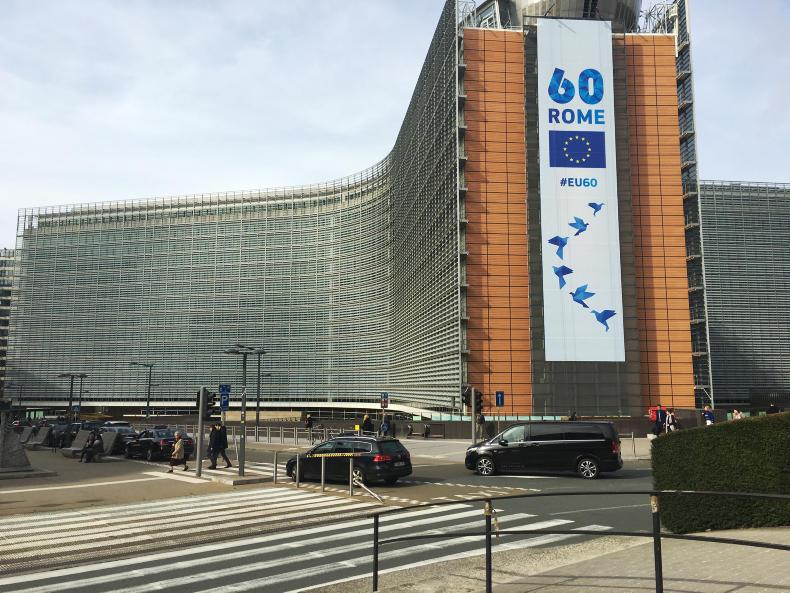

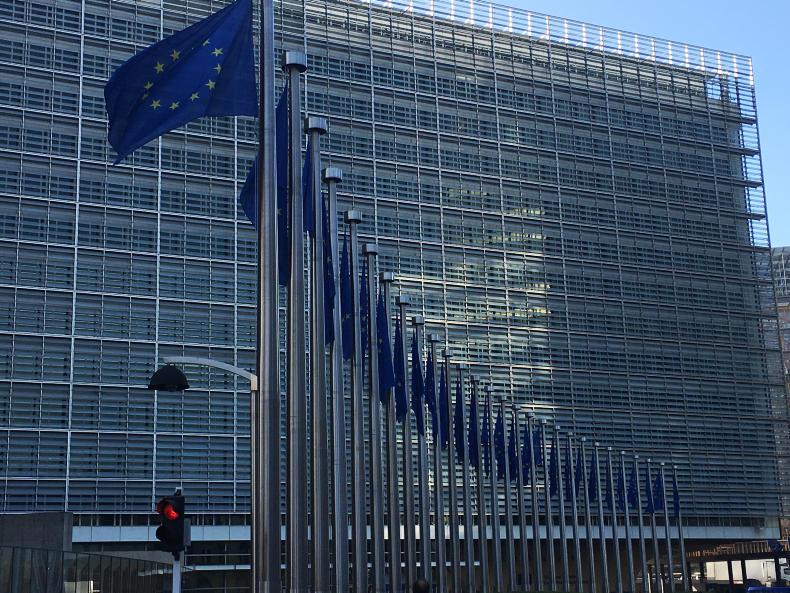
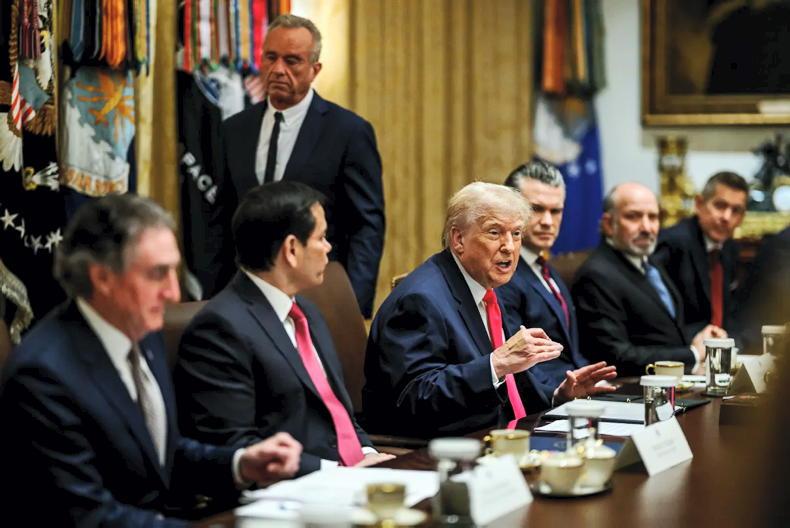


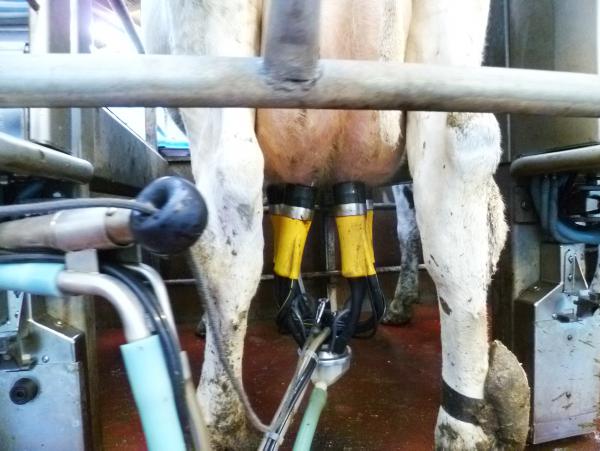
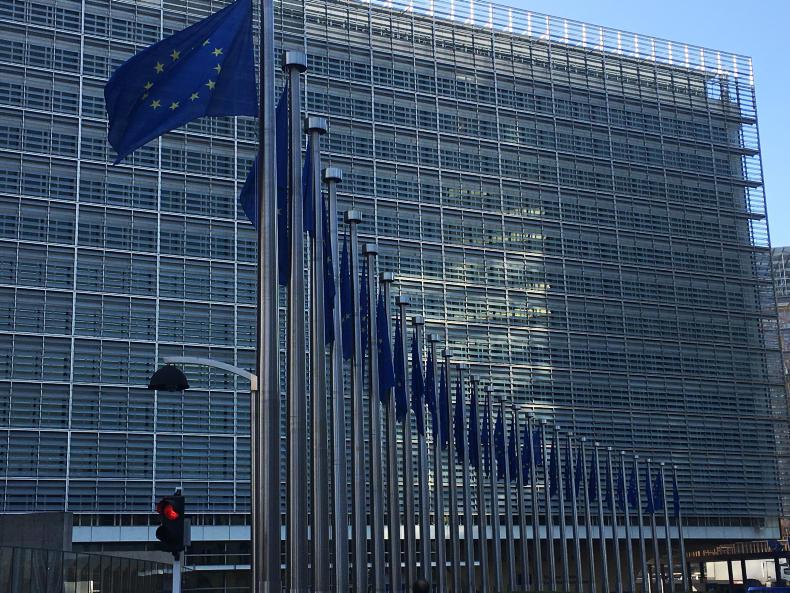
SHARING OPTIONS